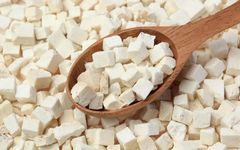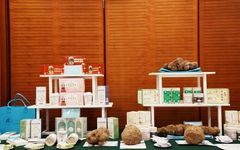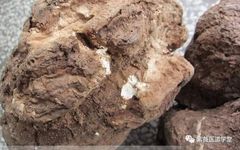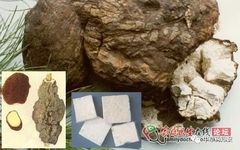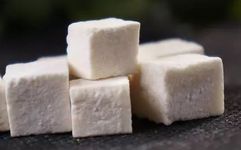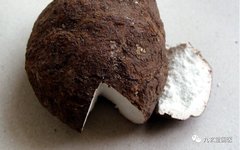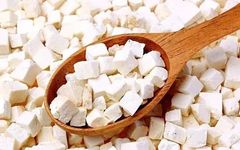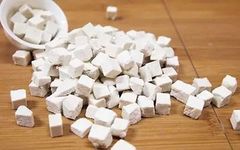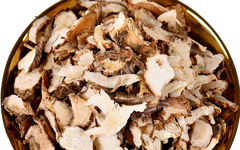The Efficacy and Benefits of Poria (Fu Ling)
Poria (Fu Ling) is a type of traditional Chinese medicine and can also be used in daily dietary practices. Regular consumption of Poria is highly beneficial for the body. So, what are the benefits of frequently eating Poria? Poria is also known as Fu Ling, Fu Tu, Fu Ling, Fu Ling, Song Yu, Jiang Chen … Read more

